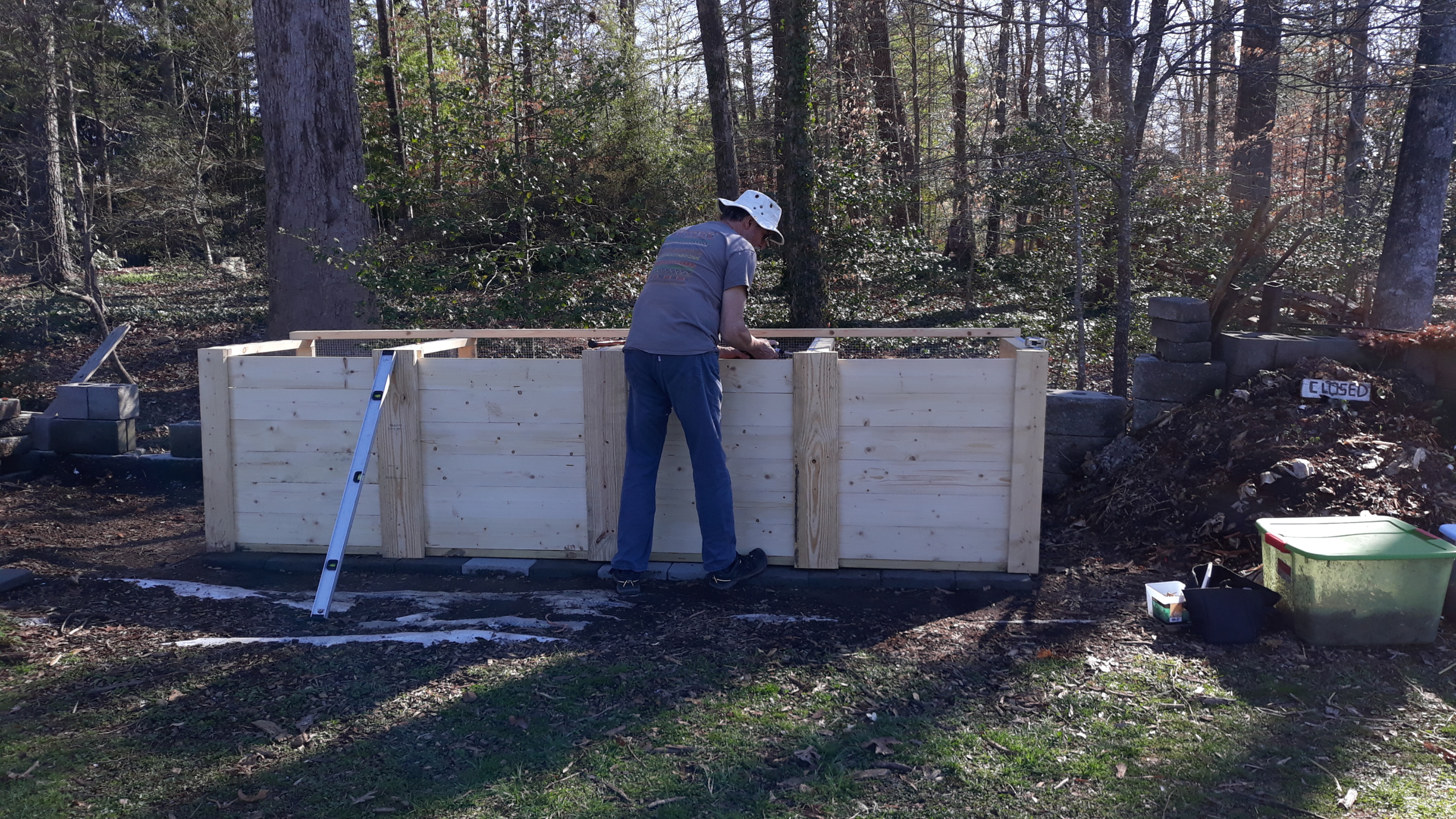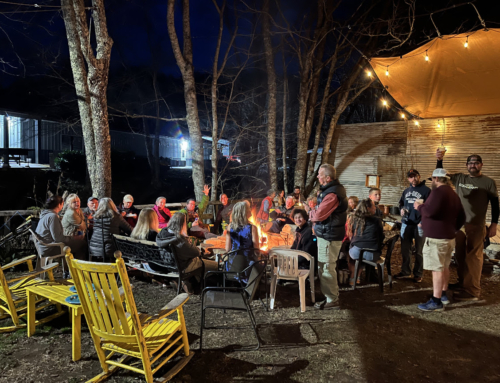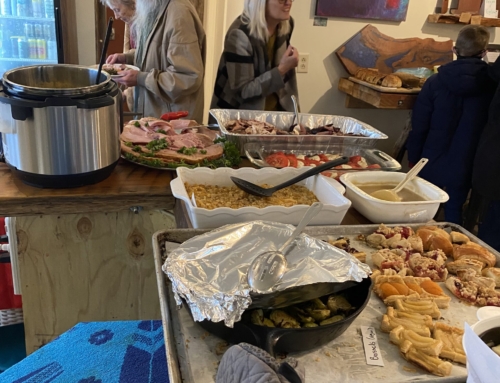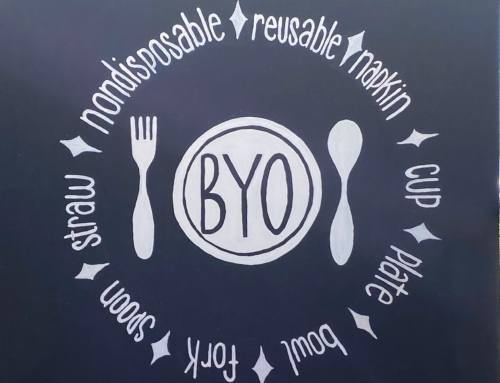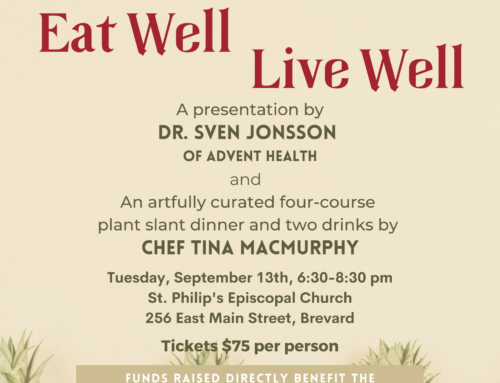Moving to Conserver’s community composting initiative has picked up steam in 2022. People gather together and look to the future as we transition to a post-covid era (hopefully for good!). What better way than to nourish the soil with compost for our future gardens?
We are happy to sponsor Mary Miller, who approached us for support with her capstone project for her MS in Sustainability and the Environment (MSSE) from UNC Greensboro. Serendipitously, her project is on advocating for community composting in Transylvania County. Work is well underway on two pilot sites.
The first is at the Rice Street Community Garden on the property of St. Phillip’s Church in Brevard. A team of volunteers has built a four-bin compost structure and cleared the area of the remains of a decade-old compost system. Many thanks to Dolores Brown, who leads the community gardens at the Rice Street gardens. She tirelessly worked to coordinate volunteers and did quite a bit of heavy labor herself! The new system began operation officially on March 26, 2022.
The second location is on the grounds of the Alison Deavor Historic house and is sponsored by the Pisgah Collective experiential pre-school. Kim and John organized a meeting between Mary and Thea Dunn, the director of the school to talk about composting at the school. Composting at Pisgah Collective will be an excellent opportunity to combine conservation education and hands-on learning, preparing our little conservationists to be future stewards of nature. Several other people interested in community composting joined: Larissa Kushnir, Hannah Bowers, Mark Spangler, and Phil McGlynn. All were in support of the effort and volunteered their time and expertise.
As with the actual compost itself, building a network of small composting operations takes time. The effort is great, but so are the rewards. We give back to Mother Earth by replenishing her soil with nourishing food. In turn, the nourished soil helps grow nutritious food for humans (and animals). This food cycle is a continuous and reciprocal process that benefits all life forms by supporting a naturally healthy ecosystem. Food scraps and the methane gas they can produce are kept out of the landfill, helping to mitigate climate change. Materials that might otherwise contaminate our air and water as they decompose are used instead as essential ingredients in the compost recipe. These materials are called “feedstocks” by composting professionals and include things like garden debris, grass clippings, and woodchips (if not contaminated with herbicides or pesticides). The result is a clean and healthy environment for all the living organisms who call Transylvania County, North Carolina, home. It is a beautiful thing! Just about anyone can create compost, either at home or by contributing food scraps and other feedstocks to a community compost operation.
Let us know if you have questions or would like help starting a compost operation.

